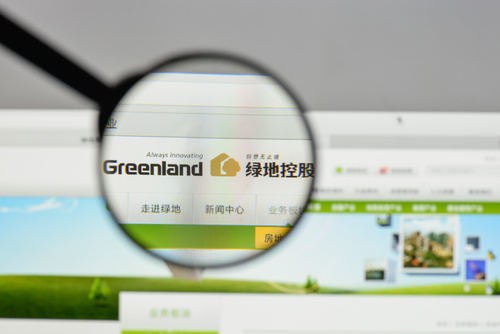This site uses cookies to provide you with a great user experience. By using BondbloX, you accept our use of cookies.
Bond Market News
China Defaults up 2x to $20bn in 2022; S&P Warns Developers Can’t Swap/Extend Debt Forever
July 19, 2022

Defaults in China have crossed $20bn in 2022, more than double the total $9bn in defaults in the whole of 2021, SCMP reports. Unsurprisingly, property developers accounted for most of the defaults. 18 out the the total 19 companies that defaulted on offshore debt came from the real estate sector. In comparison, at year end-2021, there were 21 defaults. Meng Ting, senior Asia credit strategist at ANZ Bank China says that she expects default rates to rise across onshore and offshore bonds. While she does not have a projection for offshore default rates, she believes that it could rise to 2.2-2.3% from 1.9% on onshore debt. Augus To, deputy head of research at ICBC said, “The defaults may be peaking this year. Improvement may come, but will take a longer time to materialise”.
In related China property news, S&P has warned that Chinese developers cannot ‘exchange and extend their defaulted bonds forever’. The rating agency noted that if home sales do not pick-up, investors will lose patience and the current liquidity stress will evolve into insolvency risk. S&P said, “We assume debt extensions only serve to buy time, and do not fundamentally resolve developers’ excess leverage.” Bond exchanges and maturity extensions have been happening frequently across both, onshore and offshore securities in recent times. Very recently, Powerlong Real Estate won creditor support for dollar-bond exchanges and Greenland Holdings saw its dollar bonds due June 2022 get extended. In a latest update, Jiayuan Chuangsheng Holding, a homebuilder owned by the chairman of Jiayuan International is seeking a 1-Year extension on an RMB 540mn ($80mn) local bond that was due yesterday.
Go back to Latest bond Market News
Related Posts:






